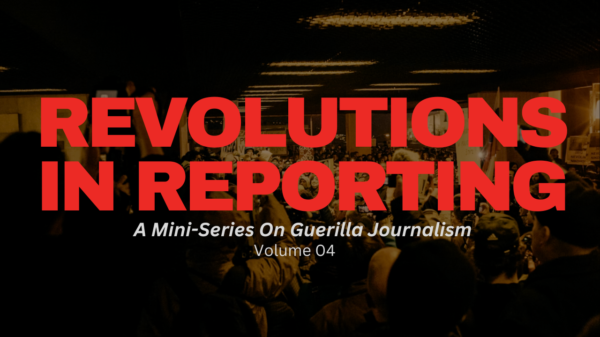In my final article for Roar News, I’d like to offer some reflections on student journalism, and graduation. Outside the Royal Festival Hall, photos taken on the terrace will serve to capture that blank page between chapters of life. Within the celebratory atmosphere, with all its warmth and goodwill, I can’t help but notice something altogether sadder in the air, a shared commemoration of the fleeting transience of life.
Hope and nostalgia mean that the grass always seems greener on the other side of the fence of time. I will miss university: the time and the place, the people and the opportunities, the concerts and conversations with staff and students. Ours was the generation to have higher education either side of, and during, the depths of the Covid-19 pandemic. A key challenge is to find, or maintain, the sense of security, community, and momentum of the university chapter.
Nostalgia can take many layers of meaning. The poetry of Ibn Hamdis encapsulates both nostalgia for a homeland, which could skip generations, and a chapter in your life. I am convinced that nostalgia can present a deception too, making us perceive the past with a halo of halcyon days, hiding the strife and struggle behind a hazy memory.
Soon, the only ‘Roar’ you may care about is the Record of Agreed Results for applications. But Roar, the newspaper, has a value to offer in the internet age, when mainstream media has been challenged by the rise of competitive clickbait. What is publicly written, in print or on a screen, gives only a fraction of the full story. The aim of journalism – telling a story with sources – is to fill in the full picture for the reader. In short, the goal is to chronicle history.
What follows are the main lessons I have learnt from contributing to Roar, even as a mere amateur apprentice in the world of writing. I hope this article will serve to encourage others to write further articles in the future.
1) First and foremost, write the article that only you can write. When honing your topic, lean into what makes you different, or the unique perspective that you can bring to an issue. This will result in a wide variety of work that is altogether more authentic and original. Also, specialise: as US diplomat Samantha Power points out, nobody can expect to be an expert on all the problems. As the impresario Sergei Diaghilev once wrote, ‘Étonne-moi!’ (Surprise me!) From setting down your reaction to a transformative play you saw, or scrutinising the government’s climate plans, may student media continue to provide platforms for diverse perspectives and lines of enquiry.
2) Chronicling is key, in the craft of objective reporting. I’ve written it in covering letters for internship applications, and I’ll write it again here, when you can capture and amplify voices who would otherwise be left unheard, that’s a very rewarding thing. From my perspective, much journalistic content is due to chance and connection. I can only imagine the wisdom I never got to benefit from and convey.
When reporting an issue that doesn’t directly concern us, objectivity means getting out of the way, as it were. Finding the voices of stakeholders becomes more important than projecting our own.
For example, the USS (Universities Superannuation Scheme) pensions scheme will continue to be a point of huge stress and contention. With this year’s inflation (driven primarily by fossil fuel dependence, by the way) the precariousness will become yet more pernicious. This will be the context of the probable next university strikes. Without sacrificing their available academic education, it’s up to the next cohort of Roar reporters to get out on the picket, introduce themselves, and seek to amplify the voices of those affected. Accurate transcription becomes easier when you listen closely to find nuance (for example, did they mean to say the university is responsible, or Universities UK?)
Journalism also has a duty to hold decision-makers to account. You should be fearless in asking tough questions, but also honest about what you don’t know. Participate in media law training that’s offered. Well targeted FOIs (Freedom of Information requests) can be your best friend.
3) External validation is not the be all and end all. It’s nice, or helpful, to receive constructive feedback when it happens. However, most often it’s more productive to frame success in terms of the impact it has and the inner pride it gives you. Don’t underestimate the power an article has to prove you care about an issue, and to spur further conversations. For example, I’m planning a podcast that aims to investigate solutions to the lack of clean air, a project helped by a recent opinion piece I wrote.
4) Set the tone. Whilst it is important to report problems, positive stories can be just as engaging and exciting as negative ones, as my colleagues’ examples here and here demonstrate. Positive stories are antidotes to the prevailing negative impression of the world that journalism can portray, as criticised by Rutger Bregman in ‘A Hopeful History of Humanity’.
5) Have fun, obviously, and support each other, because life is short, and this article is not.
Finally, the initiative is ours. The speeches at yesterday’s graduation reinforced the College’s ethos of making the world more equitable and sustainable. Easier said than done – but so, too, is completing a degree. Already, I hold the utmost admiration for my peers, my pride for them is vicarious. I feel tired, inspired, and certain that we are going to prove ourselves, and improve societies, in significant and immeasurable ways.
















